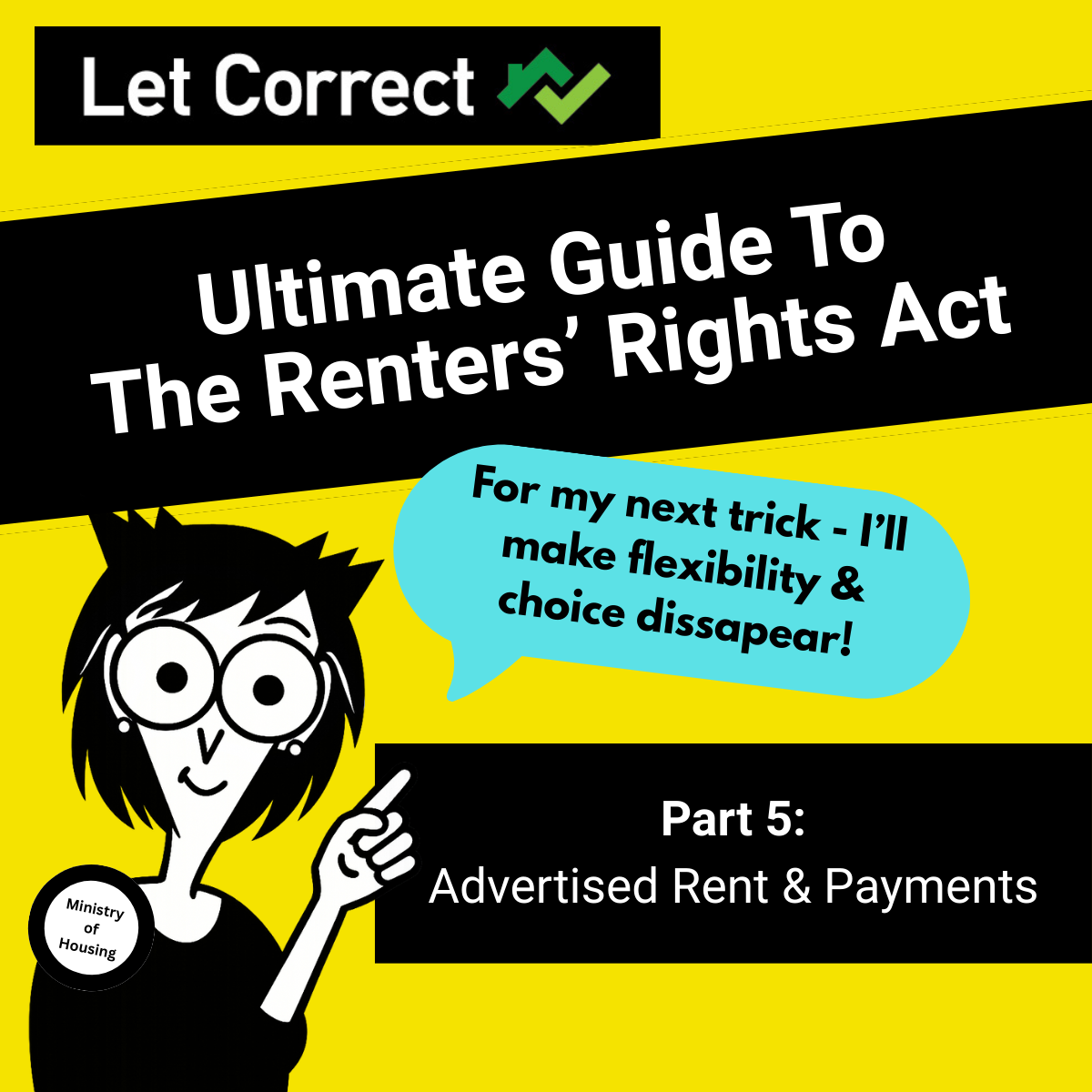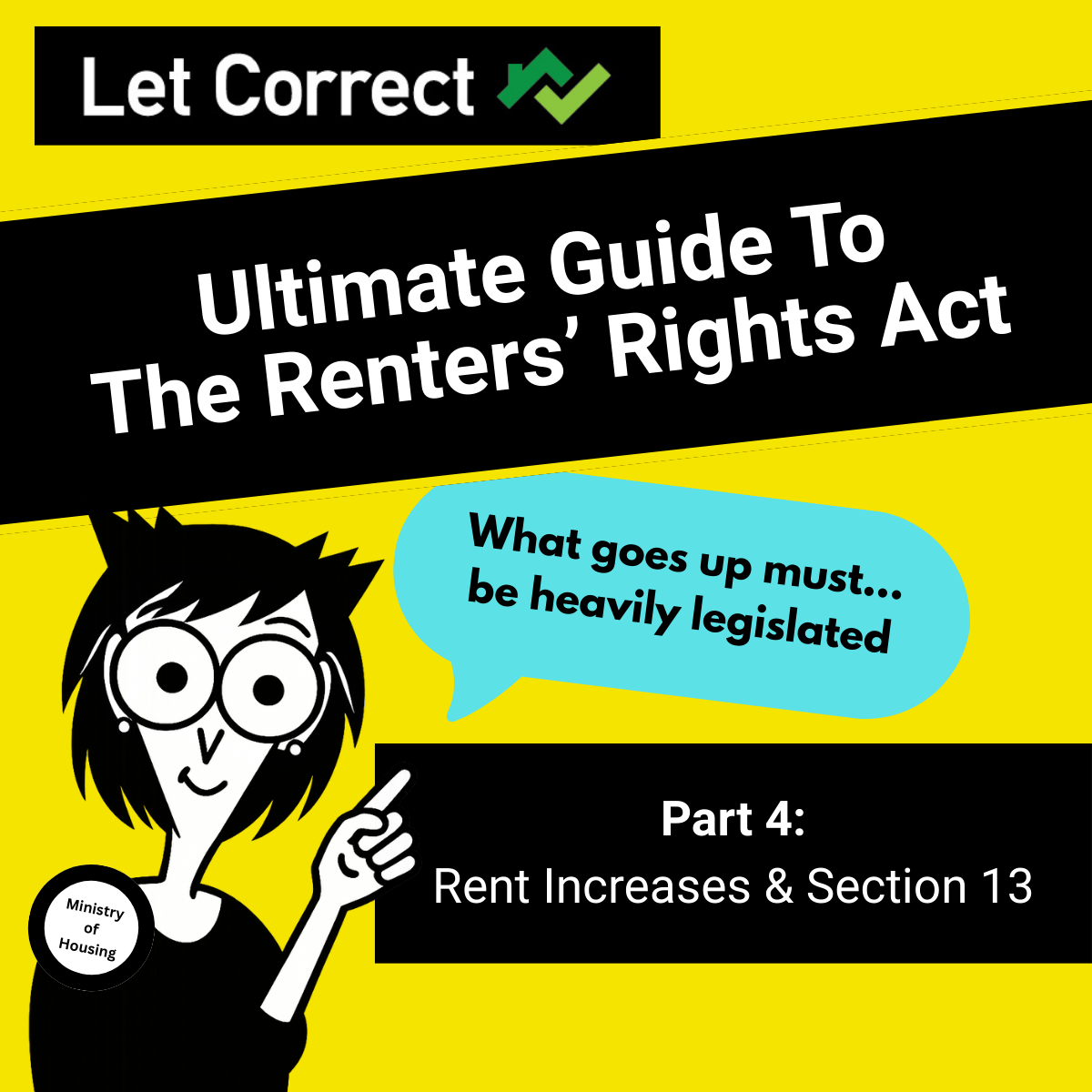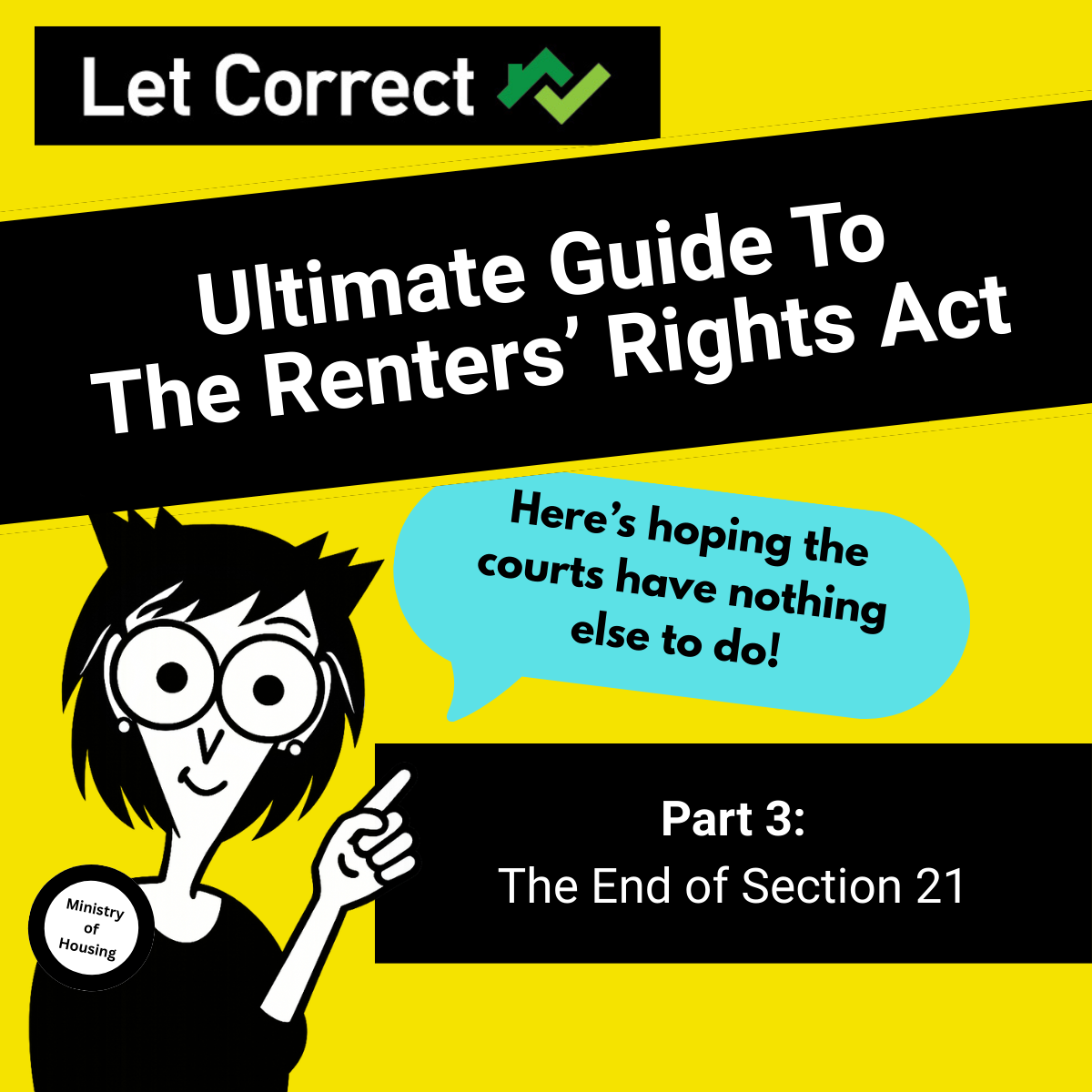Landlord Advice: Preparing for the Renters' Rights Bill
The Renters’ Rights Bill ends no-fault evictions, shifts to periodic tenancies, and raises compliance - landlords must prepare now.
%20(Medium).jpg)
The Renters’ Rights Bill is set to be the most significant shake-up of the private rented sector in decades. While the final version of the legislation is still being debated, its direction is clear: fairer tenancies, fewer evictions, and a more transparent relationship between landlords and tenants.
That doesn’t mean landlords should worry. But it does mean landlords should be ready.
This bill will apply only in England and primarily affects Assured Shorthold Tenancies. Rather than wait for implementation, forward-thinking landlords are reviewing, preparing to future-proof their lettings.
1. Prepare for the end of Section 21
The headline change is the proposed abolition of ‘no-fault’ evictions under Section 21. Once this is in place, all evictions will need to be justified under Section 8, using specific grounds (e.g. rent arrears, breach of tenancy, wanting to sell).
Preparation steps:
- Audit your tenancy documentation - ensure it’s fair and up to date.
- Document everything: inspections, communications, complaints and responses. This creates a paper trail should you ever need to evidence a Section 8 claim.
- Review deposit protection certificates, gas safety records and How to Rent guides are all properly issued and logged.
2. Move towards periodic tenancies confidently
The Bill proposes that all tenancies will become periodic by default rolling monthly agreements with no fixed end date. For landlords used to six- or twelve-month fixed terms, this may feel like a loss of structure. But in reality, it offers flexibility for both parties.
Landlord insight: Periodic tenancies don’t mean instability. With a reliable tenant, they reduce admin while still allowing reasonable notice for change. Rent increases, property sales or repossession will all remain possible just with a clearer, more balanced process.
3. Strengthen your compliance
The Bill aims to increase tenant security, but it will also raise the bar on landlord responsibilities. There’s talk of a new Property Portal essentially a central register to prove that a landlord is compliant with the law.
Your compliance admin check:
- Electrical Installation Condition Report (EICR) within five years
- Annual gas safety certificate
- EPC rating of E or above (C is the future benchmark start planning now)
- Smoke and CO alarms properly installed and tested
- Deposit properly registered and prescribed information served
Proactive compliance isn’t just about avoiding penalties; it builds trust and avoids disputes long before they start.
4. Penalties: what’s at stake?
The Bill strengthens enforcement by local authorities and streamlines how tenants can challenge unfair evictions. Fines for non-compliance will rise, and rogue landlord lists are likely to be more visible.
Avoiding these penalties is simple: stay organised, act fairly and treat your property like a professional business. If in doubt, ask.
Change is coming, but it doesn’t have to be disruptive. By adopting a structured, documented, and people-focused approach to lettings now, landlords can adapt with confidence and stand out as part of a more modern, trusted rental sector.
Ready to future-proof your tenancies? Let’s talk



